Tax fraud by export enterprises is mainly at the intermediary stage, or setting up a chain of companies in other people's names and using illegal invoices, according to tax authorities.
This information was announced by the General Department of Taxation after reviewing and inspecting enterprises exporting wood, forestry products, and rubber with high tax risks.
Accordingly, the tax authorities discovered many cases of fraud and appropriation of value-added tax (VAT) refunds. The methods and behaviors of tax refund fraudsters mainly occurred at the intermediate stage of buying and selling goods, because the direct purchase stage from growers did not go through processing or preliminary processing, so it was not subject to VAT.
At this stage, the ringleaders create fake lists to purchase directly from growers and breeders or buy and sell illegal invoices to deduct taxes and legalize the floating goods. Thanks to that, the subjects do not have to declare and pay VAT (5%). Some cases of fraud and appropriation of VAT refunds have been handled by the tax authorities and functional forces in Phu Tho, Ninh Binh and Vinh Phuc.
The tax authority also mentioned the case of some subjects setting up a chain of businesses for relatives, relatives or hiring someone to be the legal representative, then buying and selling in a roundabout way and using illegal invoices to legalize the input. There are also cases of tax refund enterprises using illegal invoices, when buying invoices from units that are not operating, abandoning business addresses or changing operations in many localities.
According to the tax authority, some intermediary enterprises stopped doing business or fled after issuing invoices to export companies. The revenue and tax declarations between intermediary companies did not match, when the seller declared small revenue but the buyer declared large input tax deductions. Payments via banks at these enterprises also showed signs of risk, such as transactions taking place on the same day and the same person withdrawing money.
After reviewing 120 intermediary businesses, the tax sector discovered that 92% of them had abandoned their business locations, stopped operations, and were waiting to be dissolved, according to the General Department of Taxation. "This is an issue that puts pressure on the budget when taxes have not been collected from these businesses, but must be refunded to the units at a later stage," the General Department of Taxation stated.
However, the delay in refunding taxes to businesses has caused them many difficulties . In a special monitoring report on value-added tax (VAT) refunds, the National Assembly's Finance and Budget Committee said that since the end of last year, associations have continuously called for help because of the unreasonable implementation of this tax refund. Many wood, paper, and rubber businesses said that having thousands of billions of VND in VAT refunds "held" for a long time has exhausted them and put them at risk of bankruptcy.
Explaining the delay in processing tax refunds, the tax authority said it also encountered many difficulties in processing the dossiers because determining the amount eligible for tax refund must be based on the results of verifying whether the goods were actually purchased or sold. For example, in the case of a request for a tax refund for cassava starch, the tax authority had to verify it abroad. Tax authorities in each country responded that the importing enterprise did not exist or did not admit to having transactions with Vietnamese partners. Therefore, it was impossible to refund the enterprise because the export contract was invalid.
According to statistics from the tax sector, in the first half of 2023, the number of tax refund applications in the wood and wood products sector reached 85%, down 5% compared to before; rubber decreased by 36-38%. There are still 48 tax applications that have not been refunded, accounting for 34% of the total applications of businesses requesting tax refunds.
To improve management and combat tax fraud, the General Department of Taxation said it requires local tax departments to strengthen control and coordinate with relevant agencies to clarify the legality of documents with tax refund risks. The agency also reviews regulations on tax refund procedures to avoid creating loopholes for taking advantage of policies and tax fraud.
Source link



![[Photo] Closing of the 11th Conference of the 13th Central Committee of the Communist Party of Vietnam](https://vstatic.vietnam.vn/vietnam/resource/IMAGE/2025/4/12/114b57fe6e9b4814a5ddfacf6dfe5b7f)

![[Photo] Overcoming all difficulties, speeding up construction progress of Hoa Binh Hydropower Plant Expansion Project](https://vstatic.vietnam.vn/vietnam/resource/IMAGE/2025/4/12/bff04b551e98484c84d74c8faa3526e0)






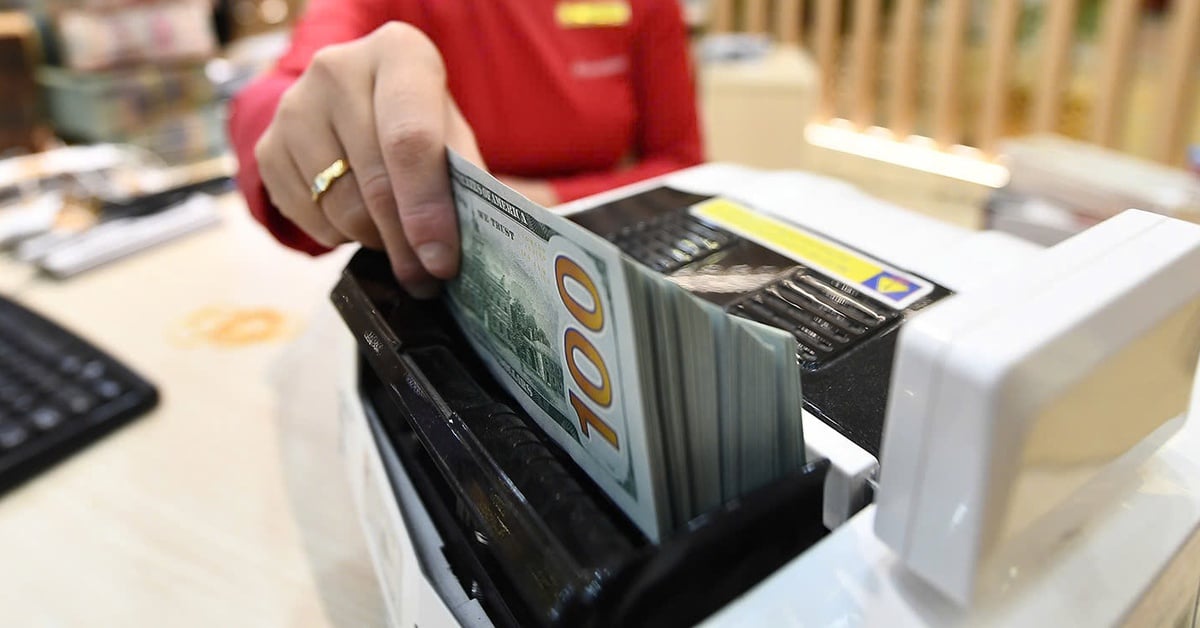
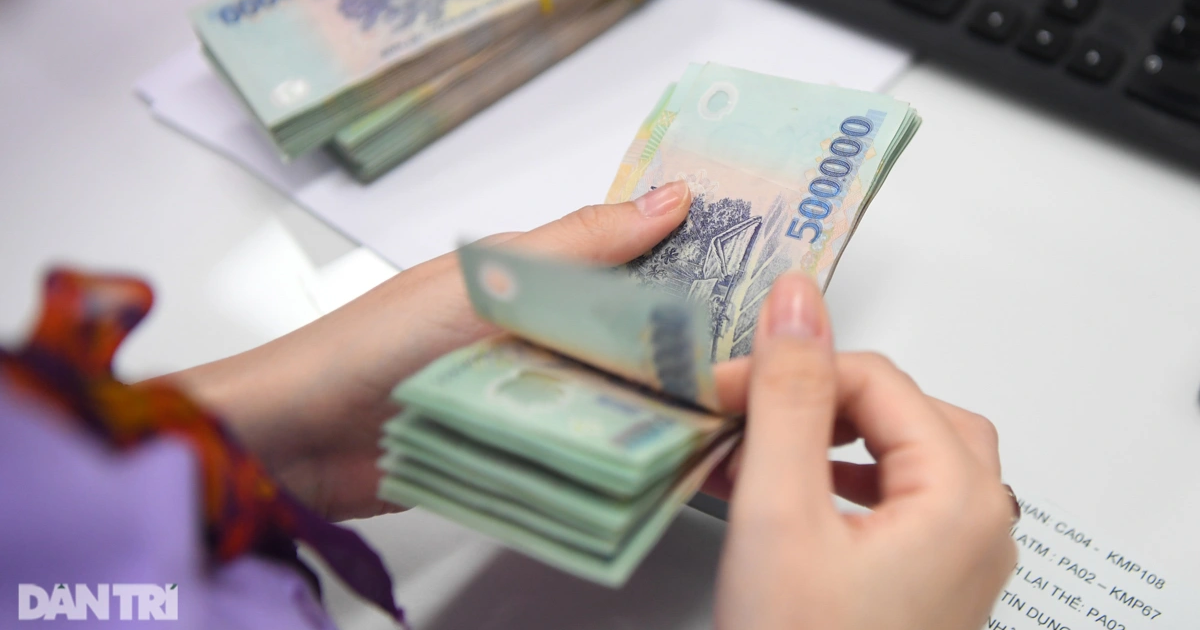


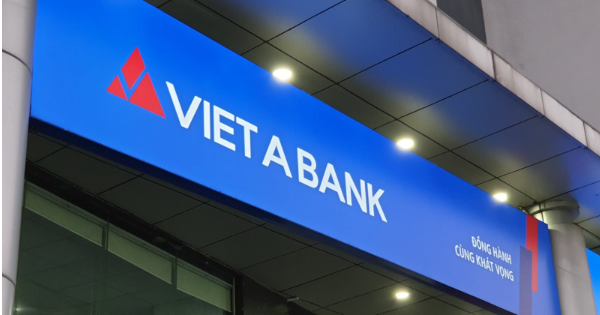




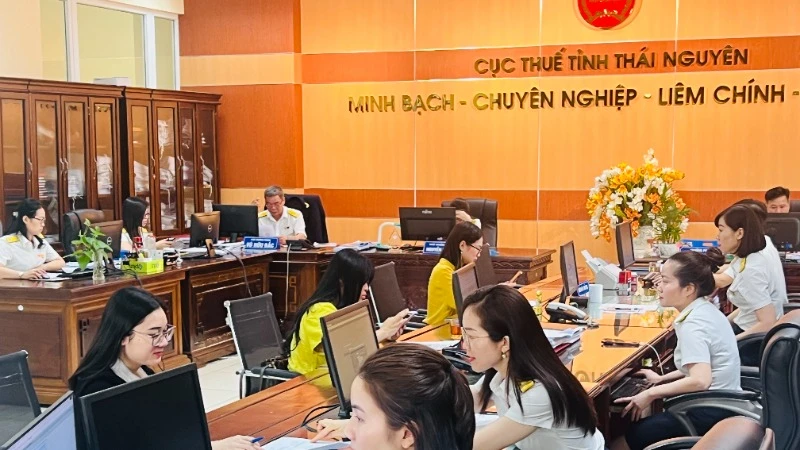
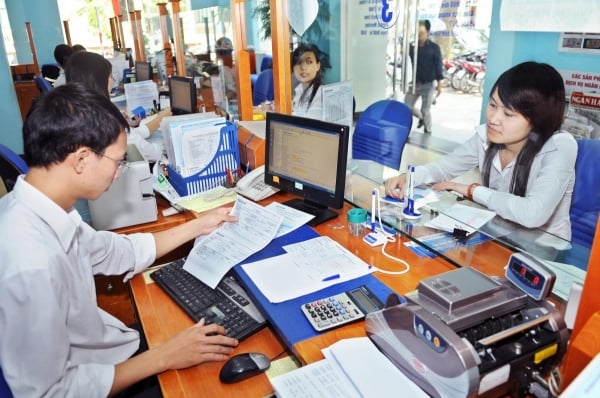









































































Comment (0)